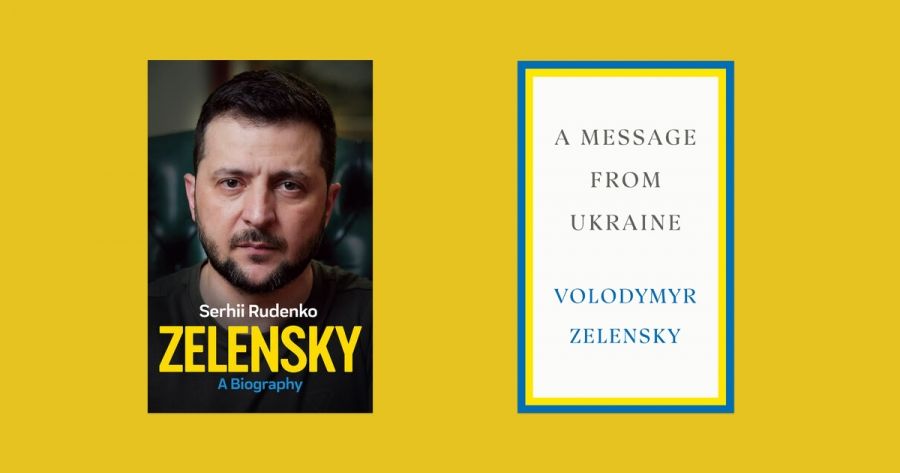
- Free Article: No
- Contents Category: Politics
- Review Article: Yes
- Article Title: Contingent political hero
- Article Subtitle: An insider’s take on Volodymyr Zelensky
- Online Only: No
- Custom Highlight Text:
It has been a long time since the West had a hero like Volodymyr Zelensky, who is frequently ranked alongside Winston Churchill as a wartime leader and orator, Mikhail Gorbachev as a reformer, and Emmanuel Macron as a political disruptor. However deserved these comparisons may be, they deflect attention from the murky post-Soviet environment which shaped his career. The collapse of the region’s communist economy has left a legacy of corruption which, together with the deep intertwining of Ukrainian and Russian society, means that Zelensky’s case is not as clear-cut as it may seem to outsiders.
- Article Hero Image (920px wide):
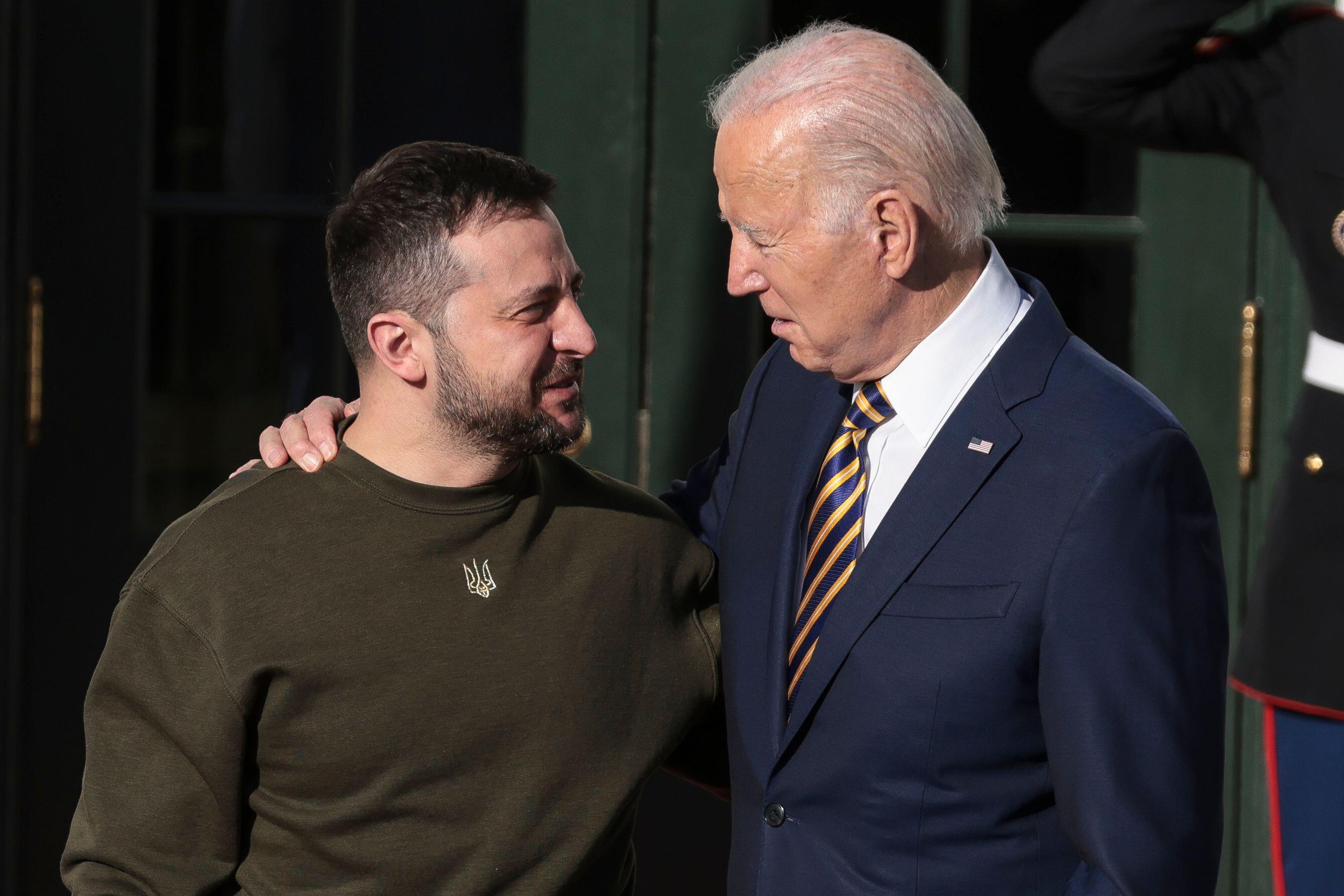
- Article Hero Image Caption: Volodymyr Zelensky and Joe Biden at the White House, December 2022 (Oliver Contreras/Pool via CNP/MediaPunch/Alamy)
- Featured Image (400px * 250px):
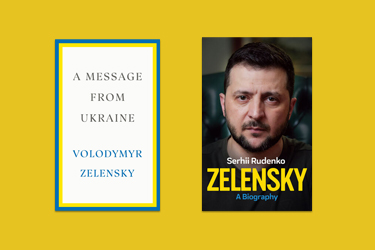
- Alt Tag (Featured Image): Nick Hordern reviews 'Zelensky: A biography' by Serhii Rudenko, and 'A Message from Ukraine' by Volodymyr Zelensky
- Book 1 Title: Zelensky
- Book 1 Subtitle: A biography
- Book 1 Biblio: Polity Press, $25 hb, 222 pp
- Book 1 Cover Small (400 x 600):

- Book 1 Cover (800 x 1200):

- Book 2 Title: A Message from Ukraine
- Book 2 Biblio: Hutchinson Heinemann, $24.99 hb, 138 pp
- Book 2 Cover Small (400 x 600):
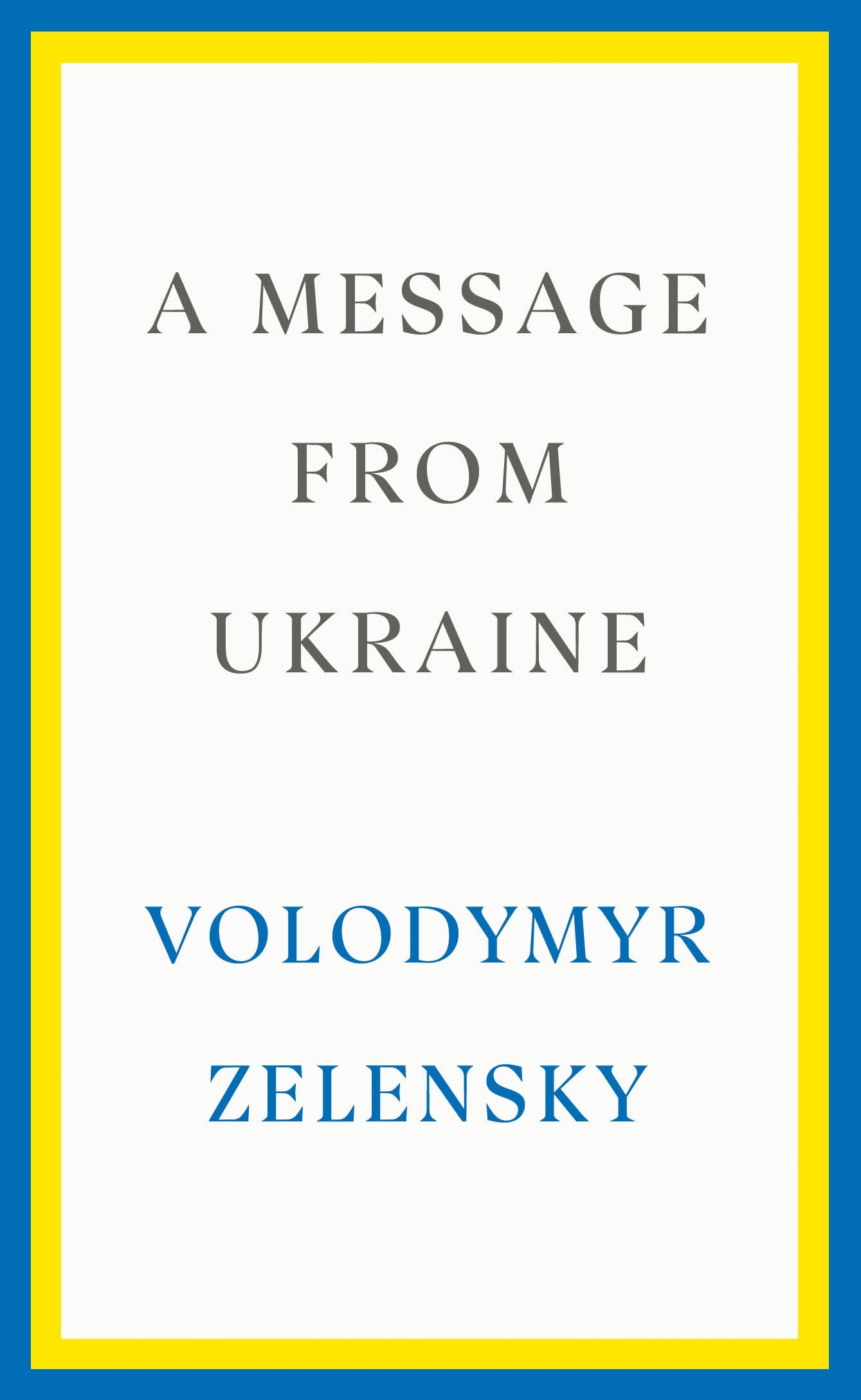
- Book 2 Cover (800 x 1200):

Prior to the 2022 invasion, there were two crucial moments in the country’s post-Soviet history: the 2004 Orange Revolution and the 2014 Revolution of Dignity. These were mass protests aimed at stopping Moscow’s puppet, the sometime prime minister and president Viktor Yanukovych, from strengthening the Kremlin’s hold on Ukraine. Many protesters died in the Revolution of 2014, which drove Yanukovych into exile in Russia and triggered Moscow’s initial invasion of Ukraine. Zelensky remained aloof from the popular uprising. At that point, he still had a career in the Russian entertainment industry and he didn’t want to jeopardise it by identifying with the anti-Russian cause. Rudenko characterises Zelensky’s approach at this time as ‘nothing personal, just business’.
Similarly pragmatic was the relationship between Zelensky and the oligarch Ihor Kolomoisky, recently in the news when his home was raided by police as part of an anti-corruption drive. One of the richest people in Ukraine, he was at one time the owner of the country’s largest bank, PrivatBank. Kolomoisky also owned a tele-vision channel called Channel 1+1, which, between 2015 and 2019, was screening Servant of the People, starring Zelensky. During these years, Kolomoisky fell foul of Ukraine’s fifth president, Petro Poroshenko, who nationalised PrivatBank; Kolomoisky retaliated by derailing Poroshenko’s campaign for re-election. To do this, Rudenko tells us, Kolomoisky used his protégé Zelensky, backing the comedian’s own run for president, which leveraged the premise of Servant of the People – that an outsider could fix Ukraine’s broken political system. Zelensky’s win seemed like a victory for the little man, but without the backing of the vengeful oligarch he would never have been elected.
Thirty-three months elapsed between Zelensky’s inauguration as president and the renewed Russian invasion. Rudenko’s criticism focuses on his performance during this period. Zelensky, he tells us, vowed to avoid nepotism but then stacked his administration with friends and cronies from his Kvartal 95 stable. He promised to crack down on corruption but failed to pursue members of his own political party who had been accused of taking bribes. In October 2021, the leaked Pandora Papers revealed that prior to his election, Zelensky himself had maintained offshore banking accounts; his response has been that this was necessary in order to insulate his media business from political interference. More broadly, Zelensky and some of his appointees showed themselves to be out of their depth in matters of law, finance, and economics, but failed to recruit more capable people. Rudenko’s argument is that Zelensky promised to break the bad old mould of Ukrainian politics, but then slipped comfortably into it. And then the Russian onslaught changed everything.
Rudenko could have made his case more clearly. He describes his book as a ‘mosaic’, by which he means that instead of being a sequence of narrative chapters, it is divided into thirty-eight fairly random ‘episodes’, all drilling down to a granular level of detail. The lack of an index makes it even harder to keep track of people. Rudenko shows us the trees rather than the wood.
Whatever Zelensky’s weaknesses may be, an inability to put his case is not one of them. The Ukrainians have outmatched the Russians across the whole spectrum of conflict, but in one particular sphere, the information war, they have excelled, and a key part of their campaign has been Zelensky’s speeches, of which A Message from Ukraine is an authorised collection. Aimed at an international audience, Zelensky’s core message is that Russian aggression is everyone’s problem, not just Ukraine’s: as he said during his visit to Washington in December 2022, US aid to Kiev is ‘not charity, but an investment’. He is a highly effective speaker: his address to the US Congress was credited with bolstering support for Ukraine among sceptical Republicans. But for all Zelensky’s skills as a communicator, the drift of Rudenko’s book is that had it not been for the Russian invasion, his administration would by now be moribund – it was the war that gave him the chance to shine.
Zelensky’s oratory is one ground for the comparison with Churchill, one that Zelensky himself isn’t shy of making. But the comparison with Churchill – who, if he had not been thrust into wartime leadership, would now be remembered as a failure – is perhaps more apt than many realise.
To say this is to diminish neither Zelensky’s wartime leadership nor the cause of Ukraine. It is a reminder just how contingent is the idea of the politician as hero.


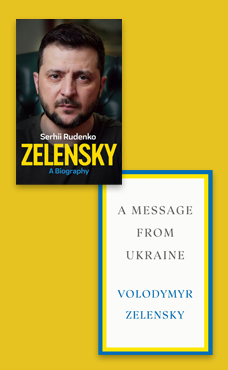
Comments powered by CComment